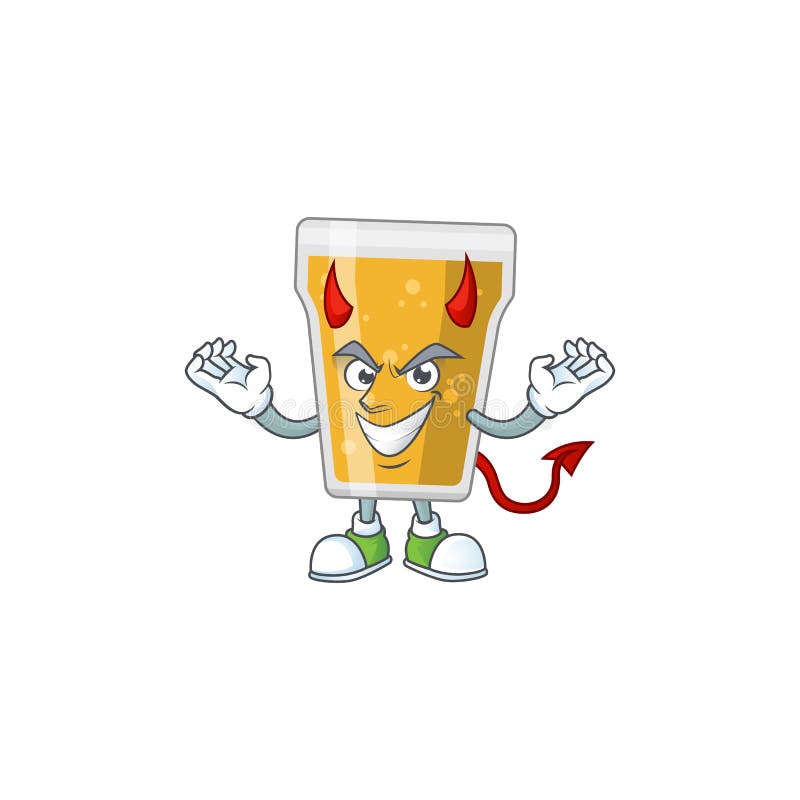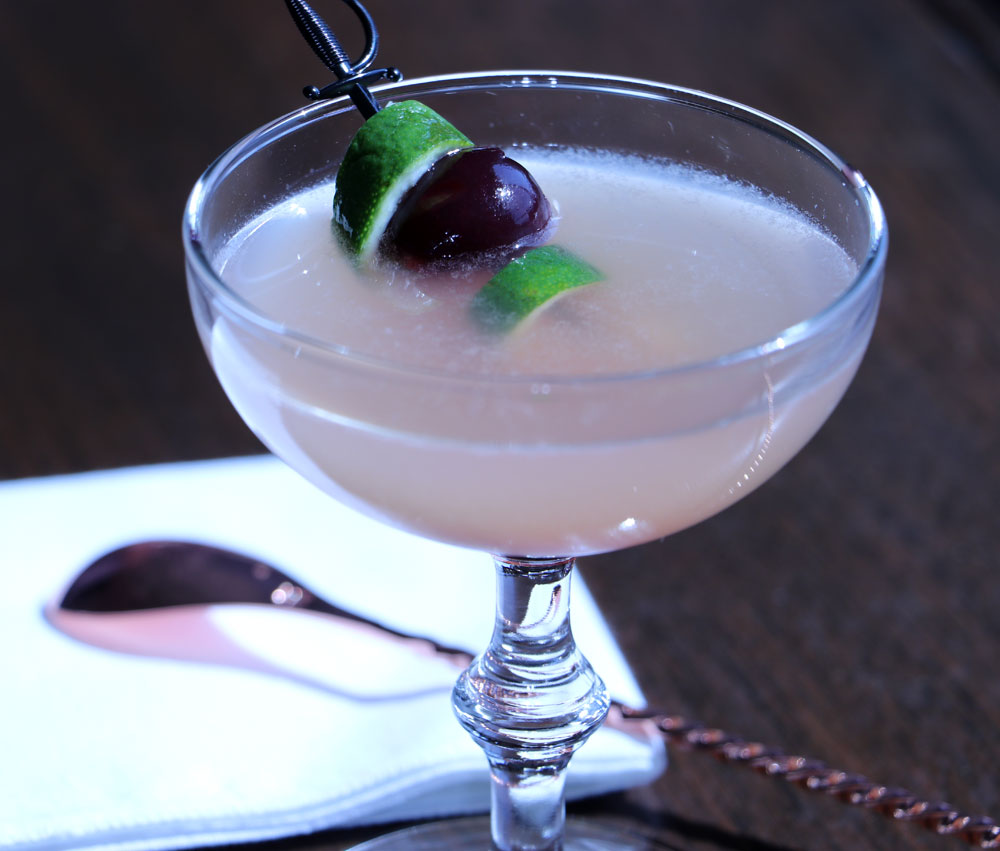Does the phrase "devil's drink" ring true when you consider the widespread impact of alcohol? The truth is, alcohol's intoxicating effects can be a slippery slope, leading from social enjoyment to devastating consequences.
This isn't just another piece advising moderation; we're exploring the multifaceted nature of what some call "devil alcohol." We'll delve into its historical roots, its physiological effects, and its role within society. Whether you enjoy a drink occasionally or are simply curious about its impact, this is the place to gain a more comprehensive understanding.
Let's acknowledge the elephant in the room: alcohol is not without its perils. From addiction and health complications to the potential for destroying lives, the risks are substantial. This article aims to provide a thorough overview, allowing you to make informed decisions.
- Six Flags Magic Mountain Your Guide To Thrills Adventure In La
- Kpops Temporary Replacement Hyungry Meaning Fandom Fun
What Exactly Is Devil Alcohol?
The term "devil alcohol" is often used to describe the darker aspects of drinking. It encompasses more than just the immediate effects of intoxication, such as hangovers or poor choices. Devil alcohol can lead to significant health problems, including addiction and even death. But what fuels this negative reputation? Let's examine the factors that contribute to it.
History of Alcohol
The history of alcohol stretches back millennia. Evidence suggests that the earliest forms of alcoholic beverages were created in ancient China around 7000 BC. Initially, alcohol held a sacred status, frequently used in religious ceremonies. As societies advanced, so did methods of alcohol consumption. By the 18th century, it had become a common staple in numerous cultures, but this widespread availability brought significant challenges as well.
The Prohibition era in the United States during the early 20th century aimed to reduce alcohol's negative effects. This well-intentioned effort backfired, resulting in a surge in organized crime and the proliferation of illegal drinking establishments. However, the movement did bring to light the risks of excessive alcohol consumption, setting the stage for our modern understanding of "devil alcohol."
The Science Behind Devil Alcohol
What happens within the body when you consume alcohol? Alcohol acts on the brain in several ways. It's classified as a depressant, which means it slows down the central nervous system. This is why people tend to feel relaxed and less inhibited after a few drinks. However, when consumed in excess, alcohol can lead to slurred speech, impaired judgment, and even memory blackouts.
The consequences of prolonged alcohol abuse can be dire, leading to significant damage to the brain, liver, and heart. Chronic drinking can lead to cirrhosis of the liver, heart disease, and certain cancers. It's therefore crucial to fully grasp the dangers linked to "devil alcohol" before deciding to indulge.
| Aspect | Details |
|---|---|
| Historical Context | Traced back to 7000 BC in China; initially sacred, evolving with societal changes. |
| Chemical Nature | Depressant; slows the central nervous system, impacting behavior and cognitive function. |
| Physical Consequences | Potential for slurred speech, impaired judgment, blackouts, long-term organ damage (brain, liver, heart), risk of diseases like cirrhosis, heart disease, and cancer. |
| Psychological Effects | Can induce mood swings, anxiety, and depression; may exacerbate existing mental health issues. |
| Social Impacts | Links to drunk driving accidents, domestic violence, and other crimes. Estimated 3 million deaths worldwide annually attributed to alcohol. |
| Economic Factors | Alcohol industry generates substantial revenue; however, alcohol-related issues incur significant healthcare and productivity costs, totaling hundreds of billions of dollars annually. |
| Responsible Drinking Guidelines | Set limits, alternate drinks with water, avoid drinking on an empty stomach, know your limits, and use a designated driver or rideshare. |
| Public Health Initiatives | Public awareness campaigns, stricter laws, increased alcohol taxes, and advertising restrictions. |
| Addiction Warning Signs | Drinking more than intended, strong urges, persistent drinking despite negative consequences, withdrawal symptoms, and extensive time spent drinking or recovering. |
| Reference | World Health Organization Alcohol Fact Sheet |
The Psychological Effects of Devil Alcohol
The dangers of alcohol aren't confined to the physical realm; the psychological effects of "devil alcohol" can be equally devastating. It can trigger mood swings, heightened anxiety, and depression. Furthermore, alcohol can worsen existing mental health conditions, making them more challenging to manage.
Some individuals turn to alcohol as a means of coping with stress or trauma. This can lead to dependence, a state where a person feels they cannot function without it. Over time, this dependency can escalate into full-blown addiction, a condition that's notoriously difficult to overcome. If you or someone you know is battling alcohol addiction, it's crucial to seek help before the situation worsens.
Signs of Alcohol Addiction
- Drinking more than intended
- Feeling a strong urge to drink
- Continuing to drink despite negative consequences
- Experiencing withdrawal symptoms when not drinking
- Spending a lot of time drinking or recovering from drinking
These are just a few of the warning signs of alcohol addiction. If you notice any of these in yourself or someone you care about, it might be time to have a serious conversation about getting help.
Social Impacts of Devil Alcohol
The effects of alcohol extend beyond the individual drinker, profoundly impacting society as a whole. From drunk driving incidents to domestic violence, "devil alcohol" plays a role in numerous contemporary problems. The World Health Organization estimates that alcohol is responsible for approximately 3 million deaths globally each year.
Driving under the influence remains one of the most visible and tragic consequences of excessive alcohol consumption. Thousands of people are injured or killed in drunk driving accidents annually. These incidents not only devastate victims and their families but also impose a significant financial burden on society.
Alcohol and Crime
A strong correlation exists between alcohol consumption and criminal behavior. Many violent crimes, including assault and domestic violence, are linked to alcohol. Studies indicate that alcohol is a factor in up to 40% of all violent crimes. This highlights that "devil alcohol" is not merely a personal issue but also a matter of public safety.
How to Drink Responsibly
This article is not designed to discourage occasional drinking. For many people, alcohol is part of their social lives and can be enjoyed in moderation. The key is to be aware of your limits and to drink responsibly. Here are some guidelines to assist you in enjoying alcohol safely:
- Set a limit for yourself before you start drinking
- Alternate alcoholic drinks with water or other non-alcoholic beverages
- Never drink on an empty stomach
- Know when to say no
- Designate a sober driver or use a rideshare service
By adhering to these straightforward guidelines, you can partake in the occasional drink without letting it take over your life.
Devil Alcohol and Public Health
Public health officials worldwide are actively working to mitigate the adverse effects of "devil alcohol." This involves comprehensive public awareness campaigns, implementing stricter laws, and enforcing regulations. In some countries, measures such as increased alcohol taxes and advertising restrictions have been introduced.
These efforts are focused on minimizing the damage caused by excessive alcohol consumption. While it's impossible to eradicate the dangers of "devil alcohol" completely, such measures can help individuals make wiser choices and decrease the overall negative impact on society.
Alcohol and the Economy
Alcohol plays a significant role in the global economy. The alcohol industry generates billions of dollars in revenue annually, supporting job creation and local economies. However, there is a hidden cost associated with alcohol consumption. The economic burden of alcohol-related issues, including healthcare expenses and reduced productivity, is estimated to be in the hundreds of billions of dollars each year.
Devil Alcohol
What conclusions can we draw about "devil alcohol"? While alcohol can be enjoyed in moderation, it's essential to be aware of the associated risks. From its effects on the body to its societal impact, alcohol can be a dangerous substance if not managed carefully.
If you're a person who occasionally enjoys a drink, make sure you're practicing responsible drinking habits. If you're worried about your drinking patterns or those of someone you care about, don't hesitate to seek help. Numerous resources are available that can make a significant difference.
Final Thoughts
Alcohol is unlikely to disappear from society any time soon, but that doesn't mean we should allow it to control our lives. By understanding the dangers of "devil alcohol" and making informed decisions, we can enjoy life's pleasures without turning them into problems. So, raise a glass - or perhaps a glass of water - and let's toast to a healthier, happier future.
References
Here are some trusted sources we used to gather information for this article:
- World Health Organization Alcohol Fact Sheet
- National Institute on Alcohol Abuse and Alcoholism
- Centers for Disease Control and Prevention Alcohol and Public Health
Table of Contents
- What Exactly Is Devil Alcohol?
- History of Alcohol: A Devilish Timeline
- The Science Behind Devil Alcohol
- The Psychological Effects of Devil Alcohol
- Social Impacts of Devil Alcohol
- How to Drink Responsibly
- Devil Alcohol and Public Health
- Devil Alcohol: The Bottom Line
- References
- Sexy Video Open Captivate Viewers Boost Engagement
- Lara Rose A Rising Stars Journey In Entertainment


